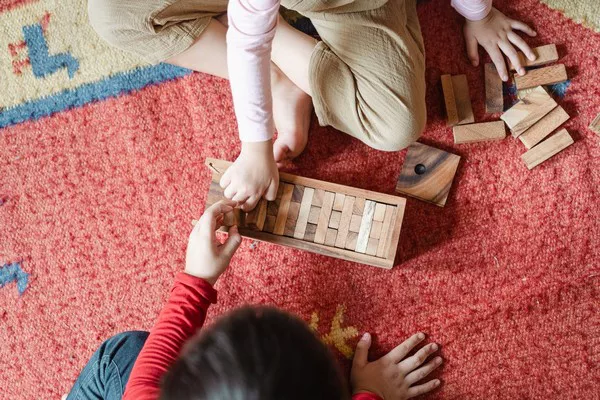It is a common belief that the youngest child in a family is the most rebellious. While this may be true in some cases, it is not a universal truth. There are several factors that may contribute to a child’s rebellious behavior:
- The youngest child is often doted on and protected by their older siblings and parents, which may lead to feelings of entitlement or a need to differentiate themselves.
- The youngest child may be more exposed to their older siblings’ rebellious behavior, which can influence their own behavior.
- The youngest child may feel pressure to live up to their older siblings’ accomplishments, leading to feelings of insecurity or a desire to rebel against expectations.
- Parents of younger children may be more lenient or indulgent, leading to a lack of discipline or structure that can contribute to rebellious behavior.
- The youngest child may feel a need to assert their independence and establish their own identity, which can lead to rebellious behavior.
- Younger children may be less experienced with rules and boundaries, leading to a greater likelihood of breaking them.
- The youngest child may feel overshadowed by their older siblings and act out to gain attention or recognition.
- Younger children may be more likely to take risks and engage in thrill-seeking behavior, which can be perceived as rebellious.
It’s important to note that birth order is just one factor that may influence a child’s behavior, and not all youngest children are rebellious. Many other factors, such as personality, temperament, and life experiences, can also contribute to a child’s behavior. Parents can help mitigate the risk of rebellious behavior in their youngest child by establishing clear boundaries, offering consistent discipline, and fostering a positive relationship built on trust and open communication.





























